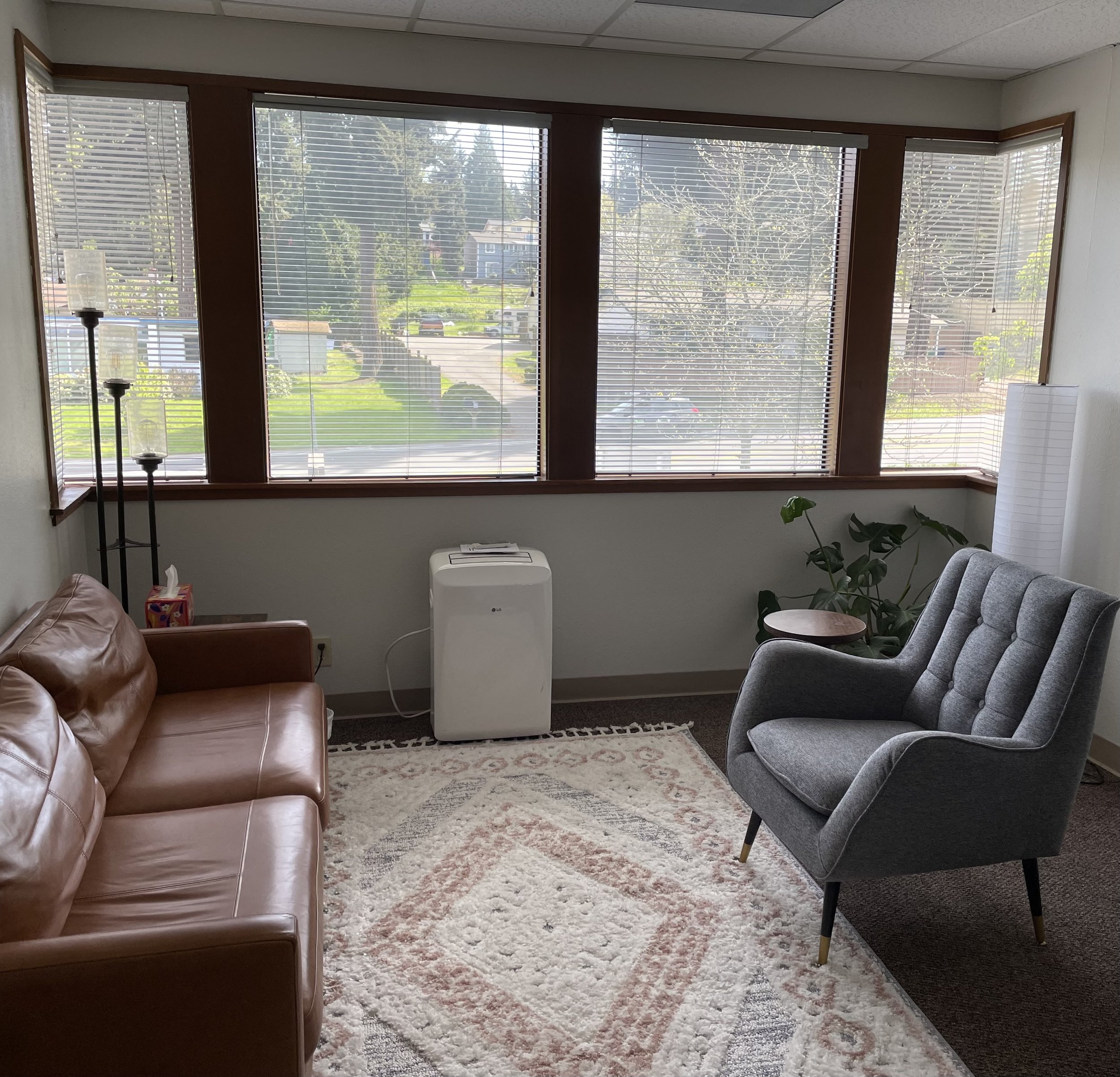What can I expect when I go to therapy?
When you make the decision to go to therapy, it can be both a courageous and empowering step towards choosing YOU and choosing to invest in your worth and your present and future. Therapy offers a safe and confidential space where you can explore your thoughts, feelings, and experiences with guidance. We can only grow so far on our own, we were designed to have a guide and another person to bear witness to our story. If you're considering therapy but are unsure of what to expect, here are some key aspects to keep in mind:
First and foremost, it's important to remember that therapy is a collaborative process between you and your therapist. Your therapist is there to support you, listen to you without judgment, and help you navigate through your challenges. They will work with you to set goals, explore your emotions, delve deeper into your story and help you gain clarity and understanding where you have come from and where you are currently at and develop coping strategies to manage difficult situations.
During your first session, also known as the intake session, your therapist will likely ask you some questions to get to know you better and understand your reasons for seeking therapy. This is an opportunity for you to share your concerns, goals, and any relevant background information that may be helpful in guiding the therapeutic process.
Therapy sessions typically last around 50 minutes to an hour and are usually scheduled on a weekly or bi-weekly basis, depending on your needs and availability. The frequency and duration of therapy sessions can vary based on your individual circumstances and treatment goals. Often times in the beginning of therapy, it is recommended to meet weekly to develop a solid foundation for the work that is to be done.
In therapy, you can expect to engage in open and honest conversations with your therapist about your thoughts, feelings, behaviors, and relationships. Your therapist may use different therapeutic approaches and techniques to help you gain insight into your patterns of thinking and behavior, challenge negative beliefs, and develop healthier coping mechanisms.
Therapy is a safe space for you to express yourself freely and explore difficult emotions in a supportive and non-judgmental environment. Your therapist will provide empathy, validation, and encouragement as you work through your challenges and make positive changes in your life.
It's important to keep in mind that therapy is a process that takes time and commitment. Progress may not always be linear, and there may be ups and downs along the way. Your therapist will work with you to identify obstacles, set realistic goals, and track your progress over time. The nature of the therapeutic process is that it is disruptive, as you uncover different stories and memories that have deeply shaped and formed you. It is important to remember that you are not alone in this.
As you continue with therapy, you may notice improvements in your mood, self-awareness, and relationships. Therapy can help you develop a deeper understanding of yourself, build resilience, and enhance your overall well-being.
In addition to individual therapy, there are also different types of therapy available, such as couples therapy, family therapy, and group therapy. These modalities can be beneficial for addressing specific relationship dynamics, communication issues, or interpersonal conflicts.
Overall, when you go to therapy, you can expect a supportive and collaborative relationship with your therapist, a safe space to explore your thoughts and feelings, and the opportunity to work towards positive change and personal growth. Remember that seeking help is a sign of strength, and therapy can be a valuable tool in helping you navigate life's challenges and improve your mental health and well-being. If you are ready to take the next step in your healing and wholeness, we are here for you!





